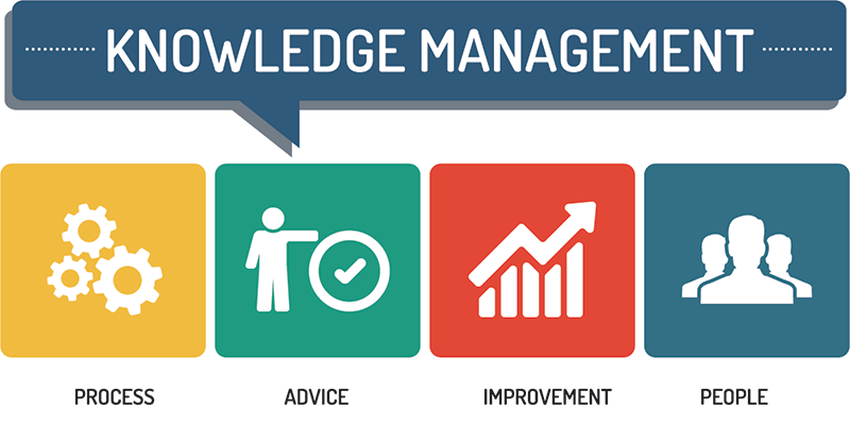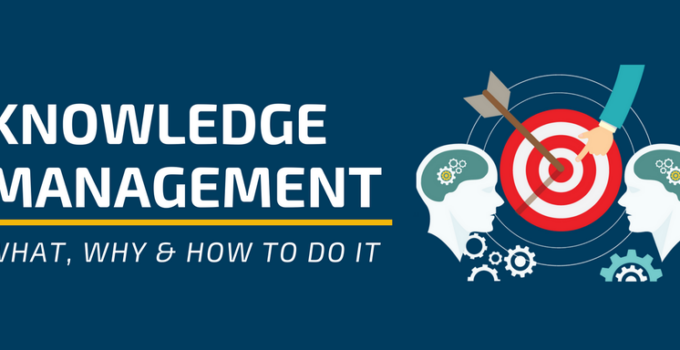A knowledge management system or KMS for short is a tool that is used by various companies in order to help them organize the document, frequently asked questions, and other information into accessible formation for both external and internal customers.
By using this software, you will be able to keep your documents updated, help customers with finding the answers they are looking for, ass well as manage permission across the user groups. It is a program that is valuable and important for small, medium, and large companies that need to distribute knowledge to a wide range of people. In this article, you will be able to read about what is and why KMS is important, as well as how to do it. Let’s take a look.

source:checkpoint.cvcheck.com
What is Knowledge Management?
Knowledge management is the task of identifying, collecting, storing, evaluating, and sharing all information organizations make in their daily operations. It also involves capturing the answers to frequently asked questions and documenting them in a format that is easy to understand like videos and images, as well as step-by-step articles.
If you store all the data in a word document, people will have a difficult time finding and updating it. Hence, KMS is like a catalog system that will act as a library which will help people find the exact thing they need. If your company manages its knowledge effectively that means that there will be accurate answers to the frequently asked questions that are accessible by the customer support workers, as well as the customers. Your team will be able to act with confidence and facts.
Why use a knowledge management system?
According to the experts from KMS Lighthouse, a KMS will help you stay organized and up-to-date when it comes to your documentation. Whether you are a SaaS company that supports your client, a product shipping company, or a helpdesk manager dealing with customers, a KMS will help you deliver the information to the people. You will be able to:

source:myhubintranet.com
- Help customers find their own answers
You customers will not always want to talk to someone to get the answers they need. If they can Google it and find the answers they need, they will not have to wait in the phone line. Self-service through documentation is the most cost-effective way of supporting your clients. Using a KMS system will provide 24/7 support to your clients.
- Offer answers to commonly asked questions
By providing answers can turn potential customers into buyers. The system will identify the most searched for expressions and visited articles so that you do not have to guess what the potential buyers want to know.
- Keep the information updated and accessible
A KMS will identify the outdated articles and will update them with new info. This will provide major benefits over a document or folder. Since folders can get messy, a KMS will keep the information organized. With efficient search capabilities and clear organization, anyone can easily locate what they need.

source:twitter.com
Conclusion
By implementing a Knowledge Management System, you will be able to reduce the waiting time, enable customers to help themselves, and you will also provide additional and detailed help to both internal and external customers.





